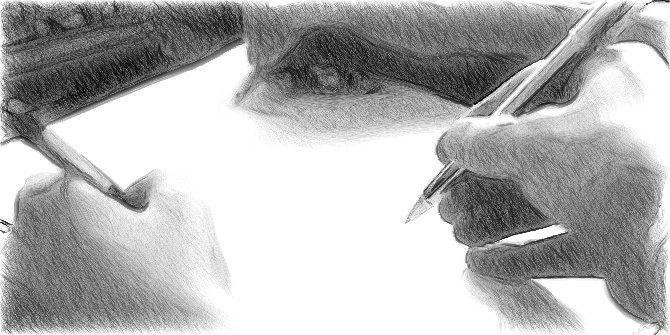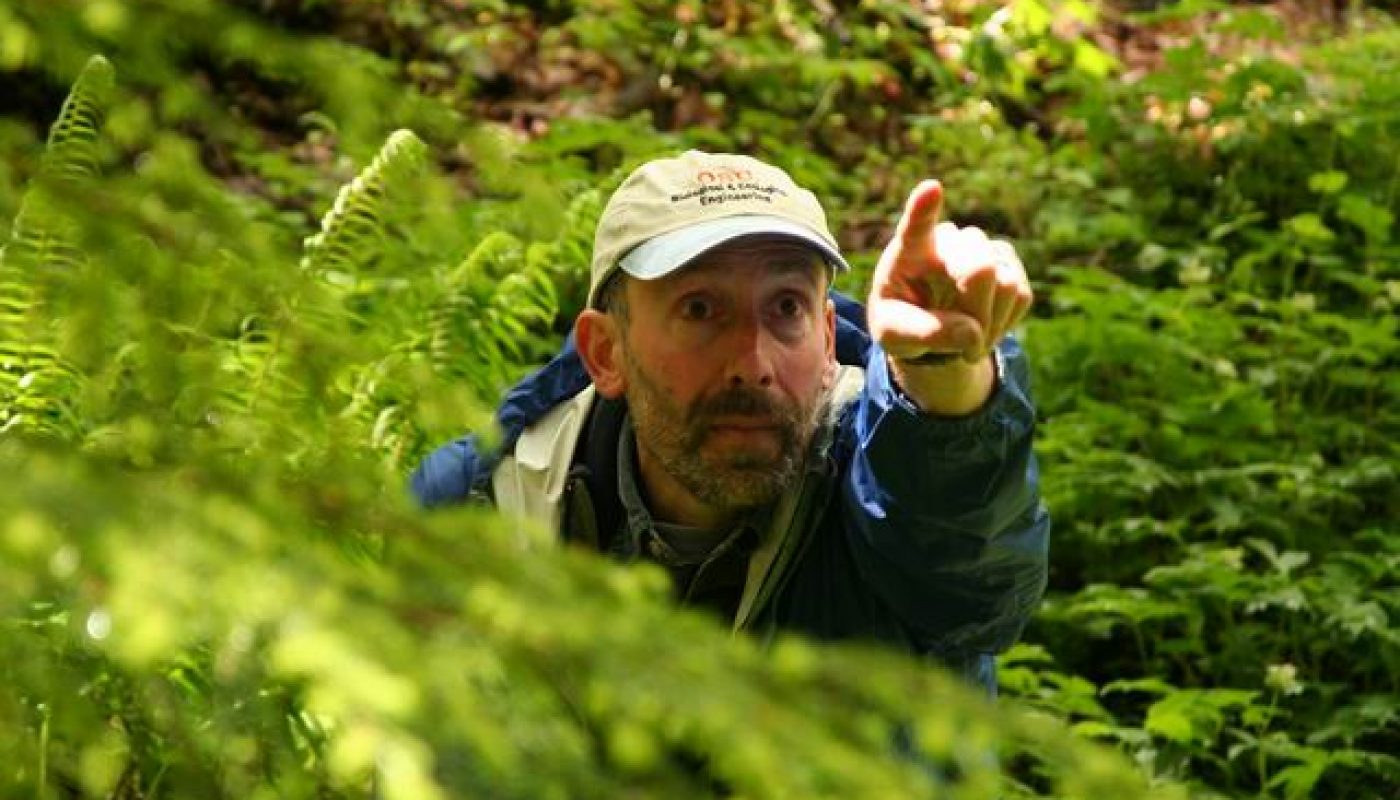John Selker is 2017 Distinguished Professor of Biological and Ecological Sciences. His research in hydrology takes him to China, Chile, Spain, Israel, and Africa.
Exams may indicate what students have learned, but what do students learn from taking exams?
Try John Selker’s Two-Color Twist exam method and you may find your students valuing exams as learning experiences. John transforms his exam sessions by leveraging both individual knowledge and collaborative engagement in a way that makes exam results more valuable and grading effort more efficient.
“it took away the very hierarchical structure of a typical course room and made them in control of their educational experience.”
John Selker
PODCAST
Conversations and Explorations of Key Teaching and Learning Issues
with Jon Dorbolo, John Selker and Stevon Roberts
Link to: transcript | audio mp3

A Two-Color Twist Exam uses different colored pens to code different test-taking behaviors. Students spend the first part of the exam period an answering questions individually using a blue pen. In the second part of the period they trade their blue pens for purple pens and record their results from an open period of collaboration. John grades the blue work at full credit and the purple work as half credit.
Students get the benefit of both their own knowledge and the thinking of other learners, all without the humiliation that is often associated with testing. John also finds the resulting exams easier to grade in less time, partly because the outcomes are stronger.
Learn more about this innovative learning assessment method from John’s paper; A two-color twist on test taking (2010) in Physics Today.
In greater depth John discussed his rationale for and experience with exam making and taking in a dialog with Technology Across the Curriculum. In greater depth John discussed his rationale for and experience with exam making and taking
“So that created an environment where not only the weaker students had an opportunity to learn, but the strongest standouts had their understanding challenged at a higher level.”
John Selker

